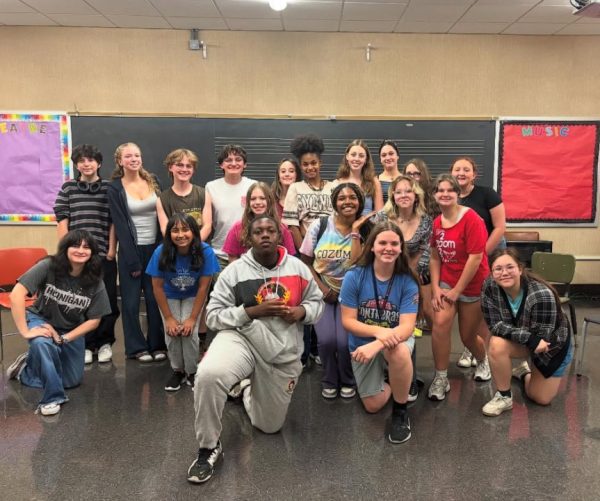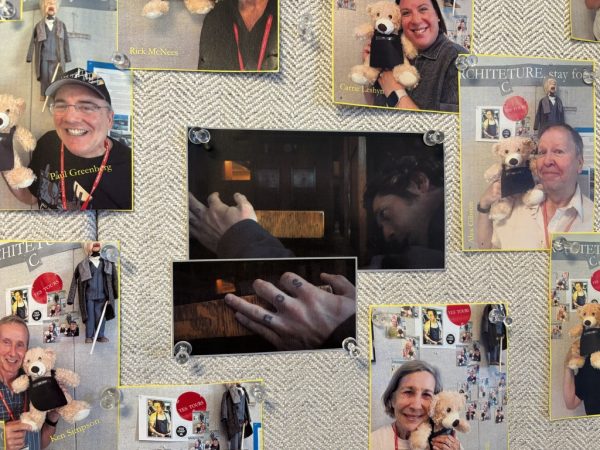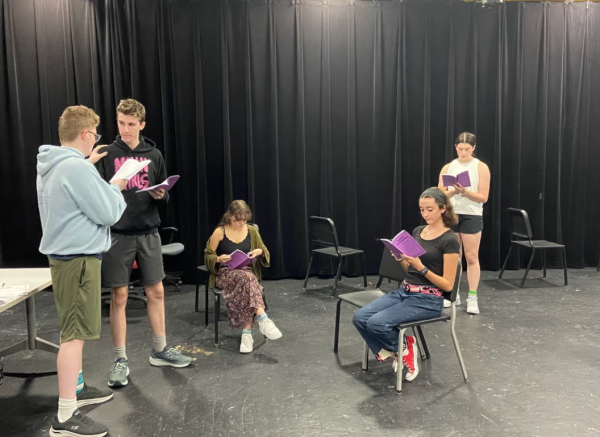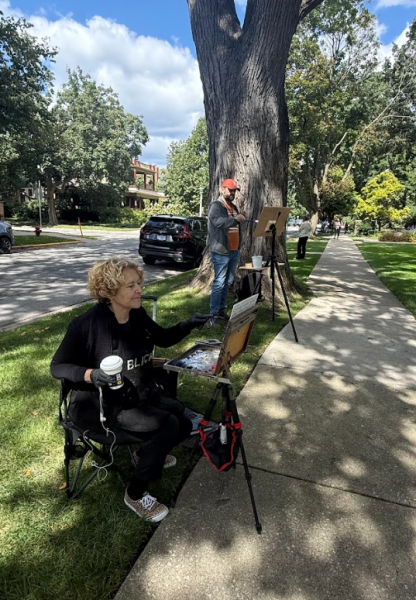Accidental Courtesy Review

“How can you hate me if you don’t even know me? Well who better to ask than someone who had joined an organization whose whole premise is hating people who do not look like them?”
Daryl Davis, R&B musician and activist, spends a lot of time listening to racists and what they think of him. In his opinion, face to face conversations are the only way to change people’s thinking. Davis claims that if this country is going to change, people need to be willing to sit down with others who disagree with them.
There are people that oppose the Black Lives Matter movement and live in rural areas where white people make up nearly 100 percent of the population. How can these people have a great enough understanding of the issue to formulate strong opinions on the matter? On the other hand, there are people on the far left side of the political spectrum who are unwilling to listen to moderate ideas. As a result, moderate Republicans are less willing to work with Democrats and support the movement.
“Accidental Courtesy” is a film about Davis and his mission to befriend KKK members in an attempt to change their racist views. The 2016 documentary features Davis who talks about his opinions on racial relations and shares his unique experiences. Davis talks with people like KKK leader Thomas Rob, Southern Poverty Law Center Senior Fellow Mark Potok, and one of Davis’s friends, former KKK member Scott Shepard.
In 1983, Davis started on his mission after he played at a truckstop in Maryland while part of a country band in which he was the only black member. After he finished playing, Davis was approached by a man who said that he loved Davis’s music and invited Davis to sit down for a beer. After sitting down, the man said “You know this is the first time I ever sat down and had a drink with a black man.” “Tell him why,” the man’s friend said. “I’m a member of the Klu Klux Klan” the man said, which made Davis laugh.
Davis says that having face-to-face conversations is the only way to truly get to know someone and understand their beliefs and the basis behind them. “They can’t know the real me through email or Facebook,” Davis says. Through these conversations and friendships Davis formed, he has convinced about 200 KKK members to give him their robes. As well, some of the members he converted were ranking members, some even as high as imperial wizards, the national leader of a KKK organization.
Even though Davis talked with many people who had radical and racist views, kept his composure. Instead of arguing with people he disagreed with, he tried to have conversations with them. During a lecture Davis gave, he talked about a friendship that he developed with Roger Kelley, the head of the KKK in Maryland. Davis explained that their friendship worked because of the way they respected one another, despite their differences. “I did not respect what he had to say; I respected his right to say it,” Davis says.
In the film, Davis is also shown having a conversation with local Baltimore Black Lives Matter activists Kwame Rose, Tariq Toure, and J.C. Faulk. Toure and Rose argue with Davis and claim he is not making an impact. “You believe the wrong people can change,” Rose says, “the white supremacists can’t change.” Davis then asks Rose if he thinks anybody can change, to which Rose responds, “White supremacists can’t change, but I can change your mind because you look like me.”
To make real change happen in this country, it will take everybody, which means we can not simply just ignore people we disagree with. Instead, we have to make people see a different point of view so a consensus can be reached.




